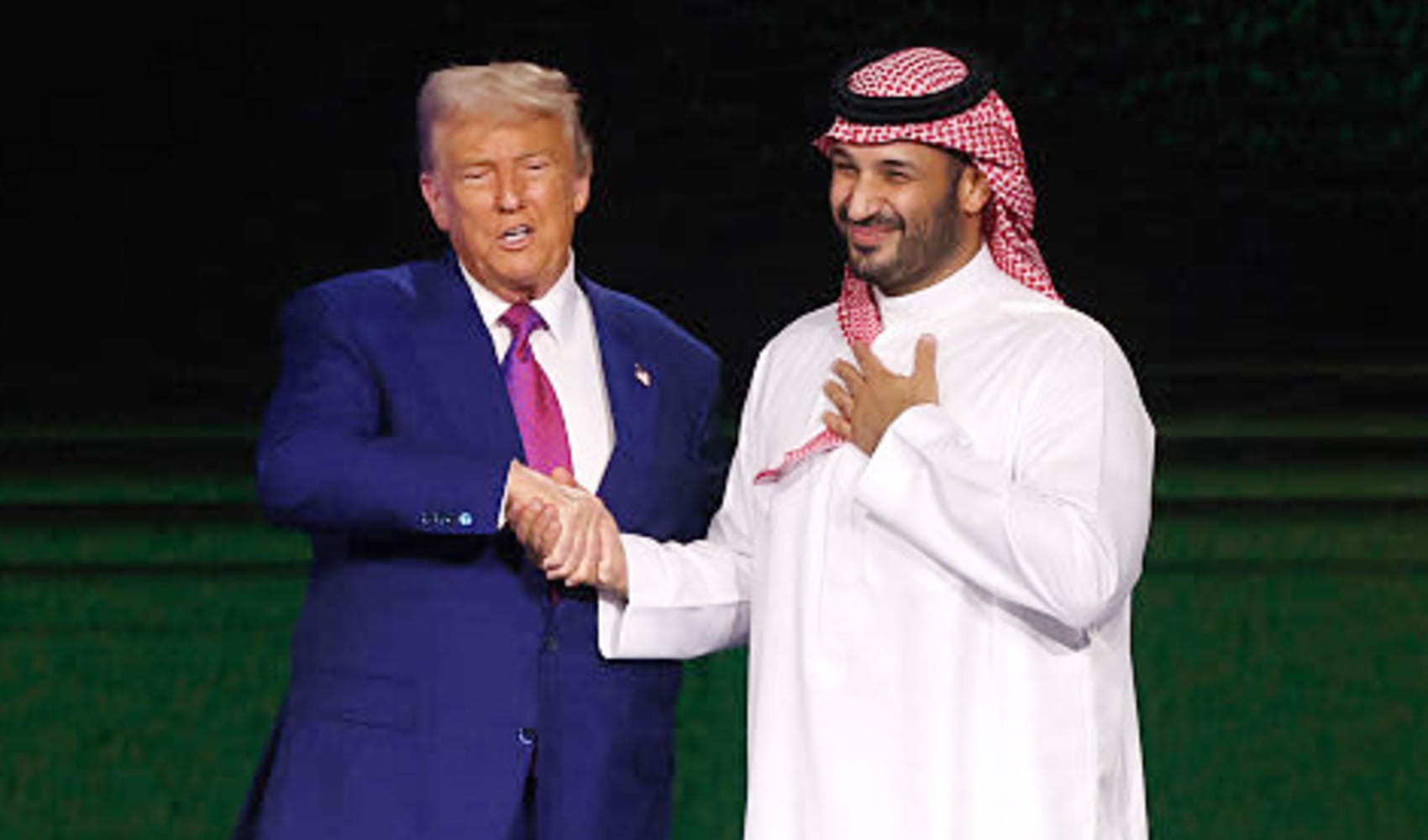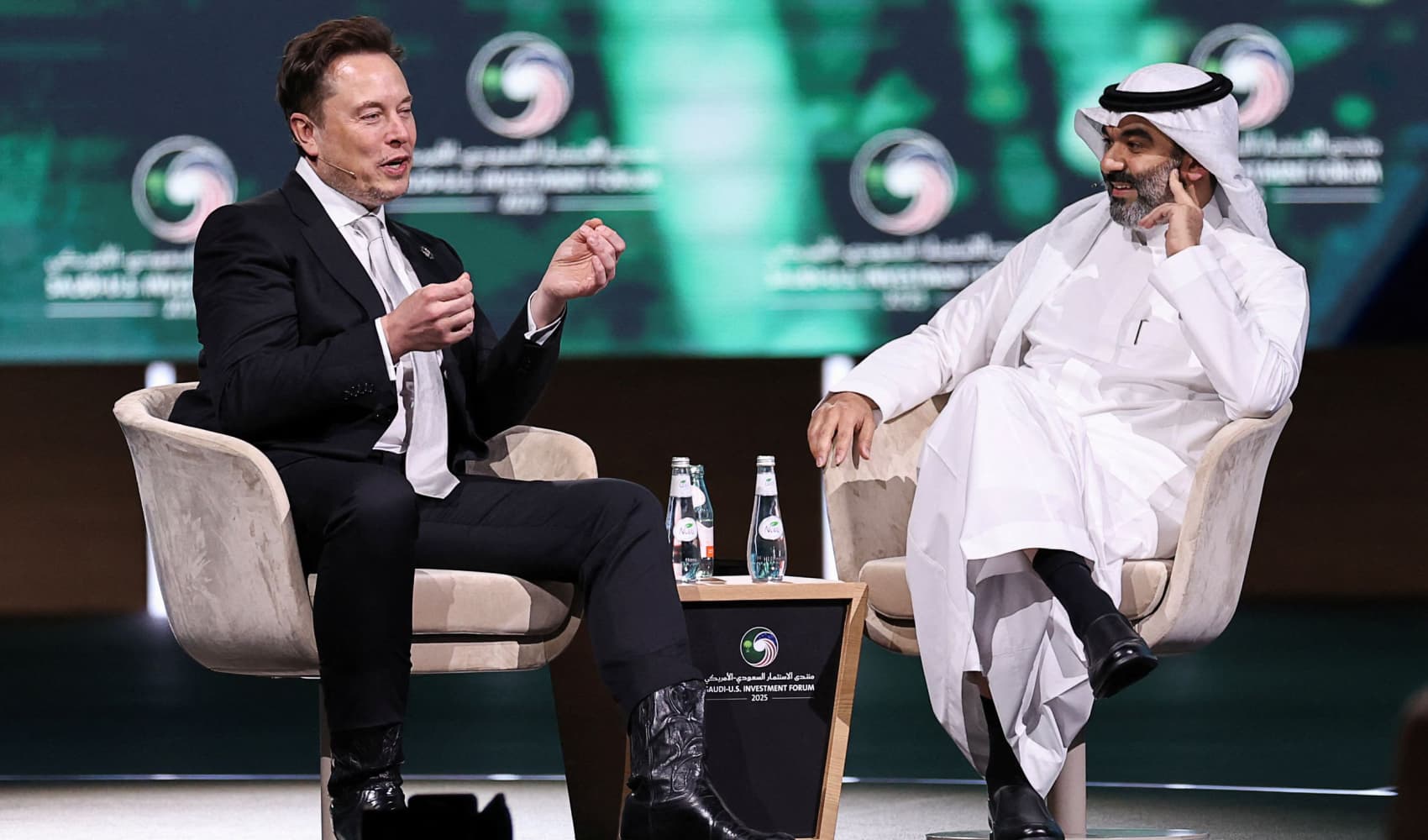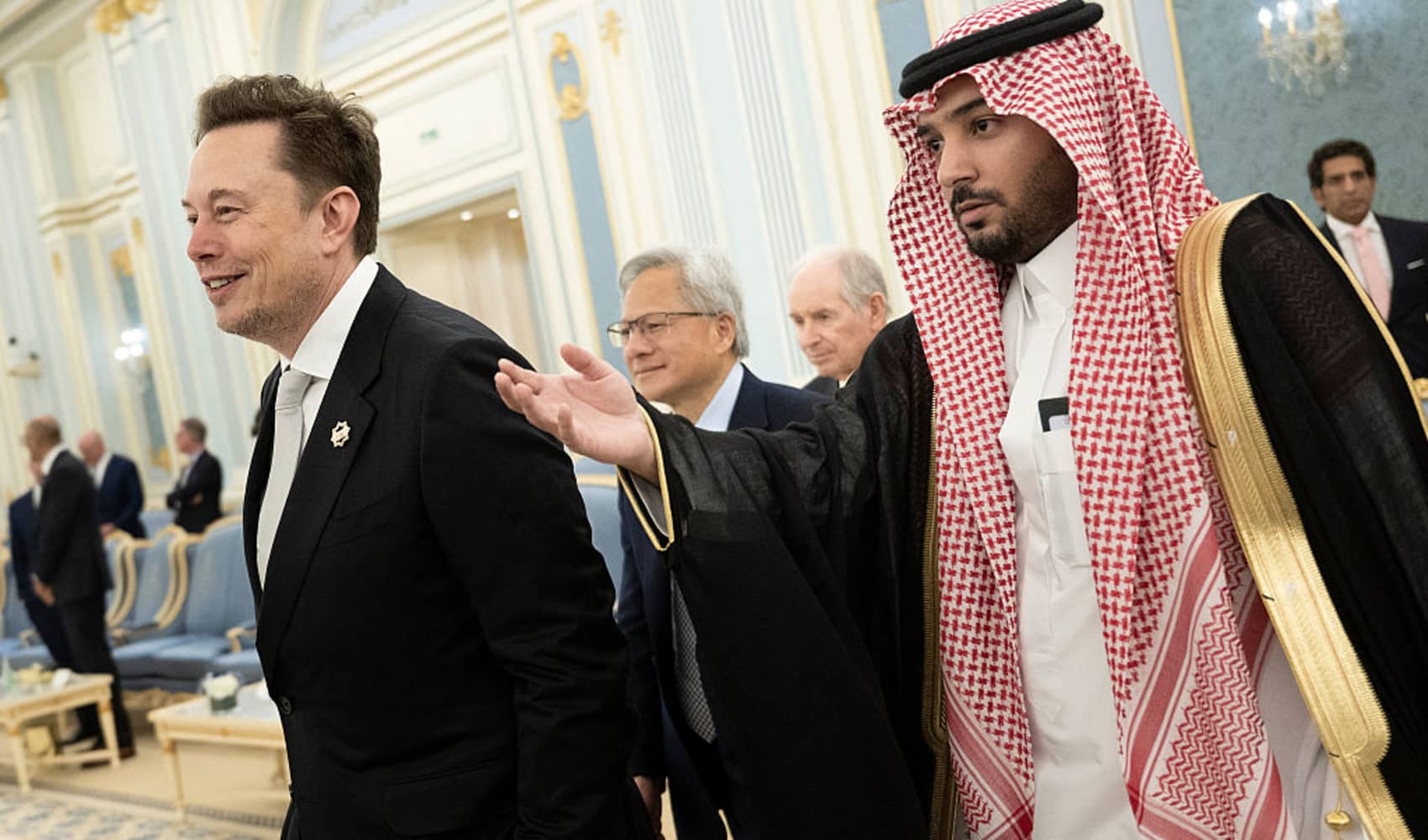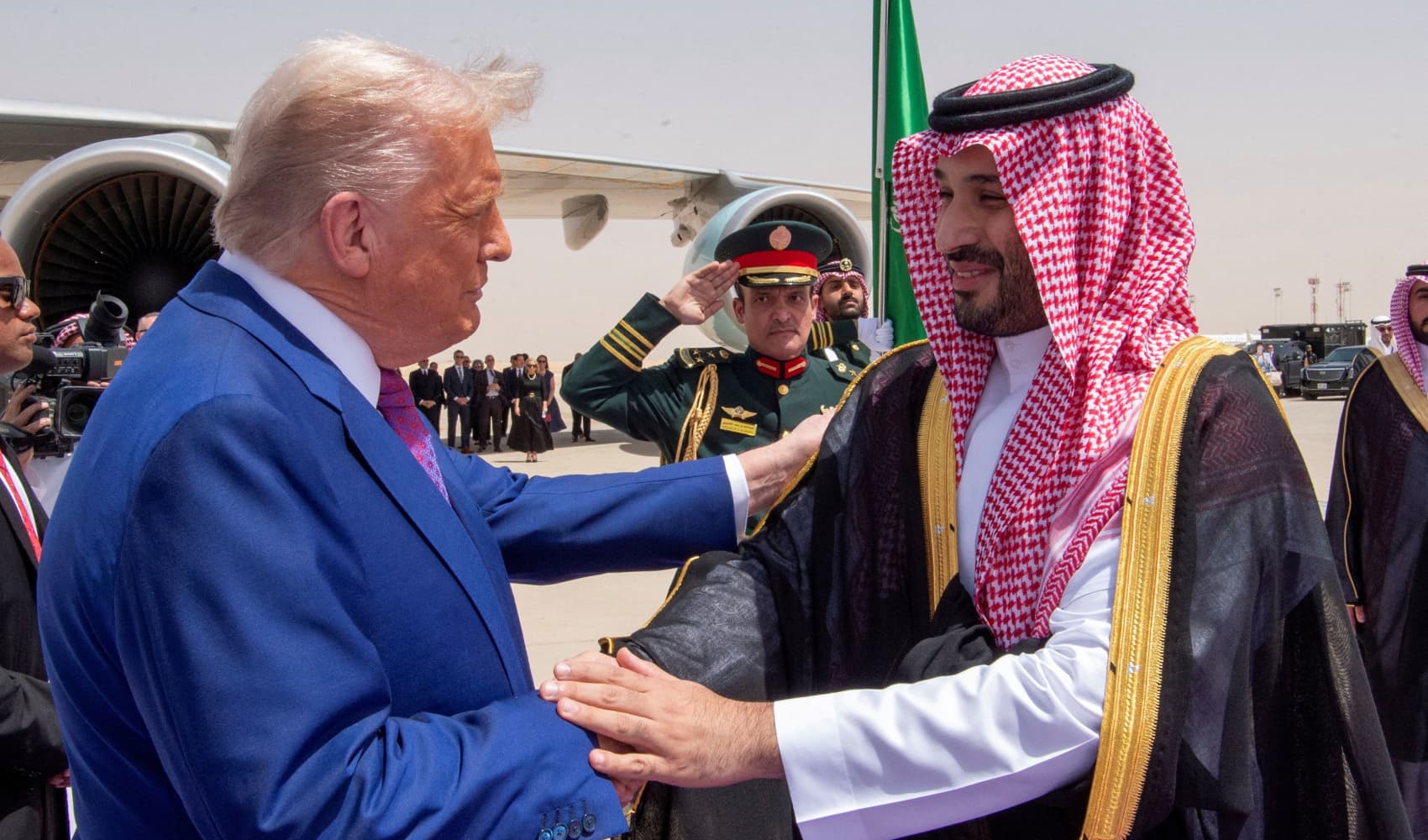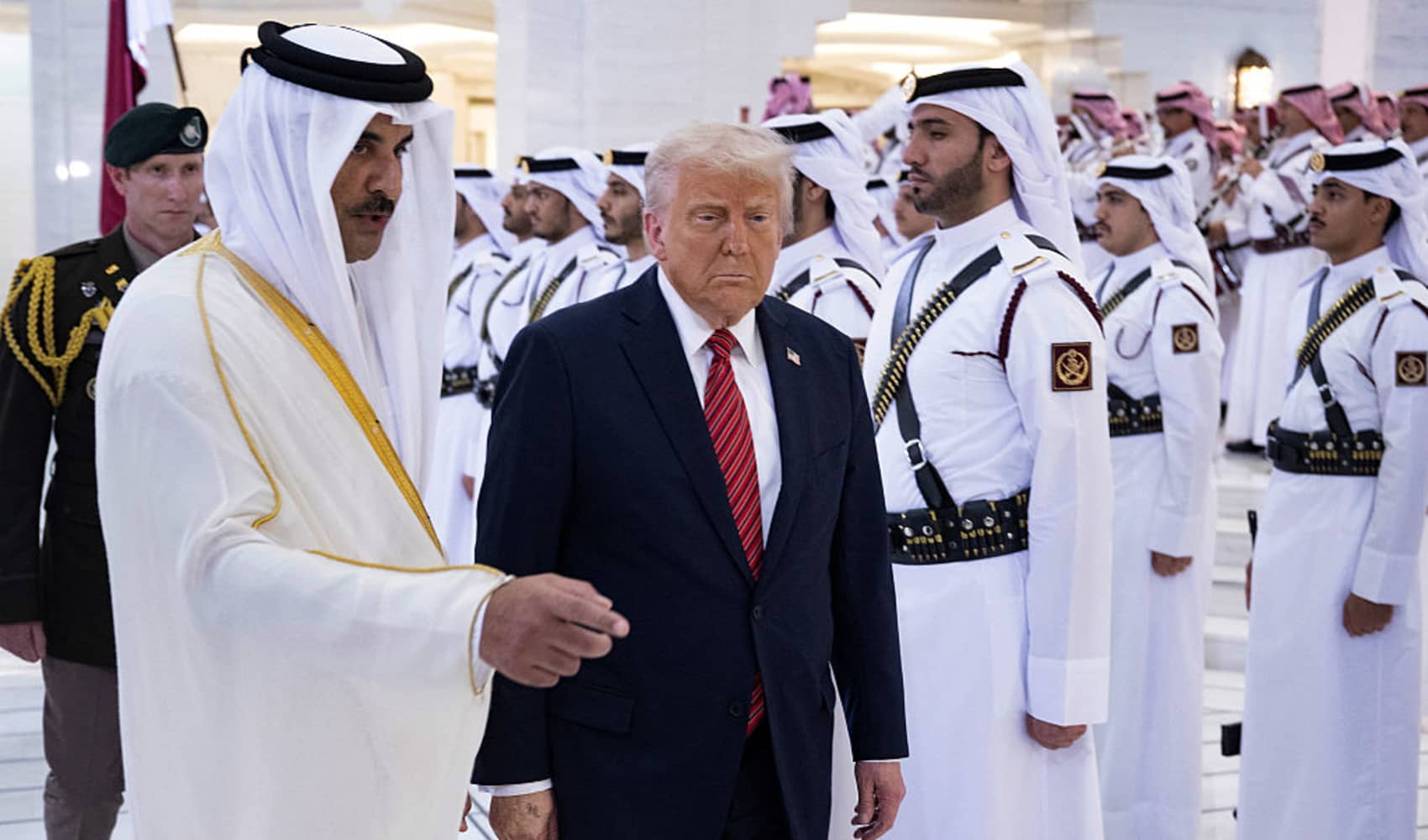Aramco's Profit Dip: 3 Key Takeaways for Investors
Aramco's Earnings Dip: Is This a Sign of Things to Come?
Introduction: The Oil Giant's Wobble
Saudi Aramco, the undisputed king of the oil kingdom, recently announced its first-quarter results, and let's just say the numbers weren't exactly gushing with enthusiasm. A 5% dip in net income year-on-year isn't cause for celebration, is it? While still massively profitable, the slight decrease raises a few eyebrows and begs the question: is this a mere blip on the radar or an early warning sign of a changing energy landscape?
Aramco's Q1 Numbers: The Nitty-Gritty
Here's a breakdown of the key figures from Aramco's first-quarter report:
- Net Income: $26 billion (down from $27.3 billion in Q1 2023)
- Free Cash Flow: $19.2 billion (down from $22.8 billion in Q1 2023)
While $26 billion is still a hefty sum, the year-on-year decline is noteworthy. It's like having a bank account with millions but noticing a slight decrease each month - you'd probably start to investigate, right?
Analyst Expectations: Beating the (Slightly) Low Bar
Interestingly, Aramco's $26 billion profit actually surpassed analyst expectations, which hovered around $25.3 billion. Does this mean the market was expecting worse? Perhaps. It’s a bit like a student scoring a C+ on a test when everyone predicted they’d fail. It's still not an A, but it’s a pleasant surprise.
Crude Prices: The Unpredictable Rollercoaster
The primary culprit behind the profit dip is, unsurprisingly, weaker crude oil prices. Oil prices are notoriously volatile, influenced by everything from geopolitical tensions to economic forecasts. It’s like trying to predict the weather – sometimes you get sunshine, sometimes you get a hurricane.
Understanding the Market Dynamics
What factors are currently weighing on crude prices? Several things:
- Slowing Global Demand: Economic headwinds and concerns about a potential recession are dampening demand for oil.
- Increased Production Elsewhere: Other oil-producing nations are ramping up production, adding to the global supply.
- Geopolitical Uncertainty: While tensions can sometimes drive prices *up*, they can also create market instability and price fluctuations.
The Impact on Free Cash Flow: A Double Whammy
The decrease in free cash flow is another significant point. Free cash flow is essentially the money a company has left over after covering its operating expenses and capital expenditures. It's the fuel that powers dividends, investments, and debt repayments. A lower free cash flow means less flexibility and potentially tougher choices ahead.
Saudi Arabia's Economic Strategy: Beyond Black Gold
Saudi Arabia is acutely aware of the need to diversify its economy away from oil. Vision 2030, the Kingdom's ambitious diversification plan, aims to develop new industries and reduce reliance on fossil fuels. But can they truly escape the gravity of their oil-dependent past?
Vision 2030: A Bold Ambition
Key pillars of Vision 2030 include:
- Developing tourism and entertainment industries.
- Investing in renewable energy sources.
- Promoting technology and innovation.
- Improving the business environment.
The Dividends Dilemma: Balancing Shareholder Expectations
Aramco is a major source of revenue for the Saudi government, and a significant portion of its profits is distributed as dividends. Can the company maintain its generous dividend payouts if profits continue to decline? It's a delicate balancing act between satisfying shareholders and investing in future growth.
Global Trade Pressures: The Ripple Effect
The slowdown in global trade is also contributing to the pressure on Aramco's balance sheet. When trade slows down, demand for energy – to power ships, trucks, and factories – also declines. It's all interconnected, like a complex web.
Production Cuts: A Strategic Response?
OPEC+, a group of oil-producing nations that includes Saudi Arabia, has implemented production cuts to support oil prices. Will these cuts be enough to offset the decline in demand? The effectiveness of production cuts depends on various factors, including the willingness of all members to adhere to the agreed-upon quotas.
Alternative Energy: The Looming Threat (or Opportunity?)
The rise of alternative energy sources, such as solar and wind, presents both a challenge and an opportunity for Aramco. While these sources are not yet a complete replacement for oil, their growing popularity is undeniable. It's like watching a younger, faster competitor enter the race – you need to adapt or risk getting left behind.
Aramco's Investment in Renewables
Aramco is investing in renewable energy projects, albeit at a relatively slow pace compared to some of its international peers. The company recognizes the need to transition towards a more sustainable energy future, but the timing and scale of this transition remain uncertain.
Geopolitical Risks: The Ever-Present Shadow
Geopolitical instability in the Middle East and other regions continues to pose a significant risk to oil supplies and prices. Any major disruption to production or transportation could send prices soaring. It's a constant source of anxiety for the oil market.
Long-Term Outlook: Navigating the Energy Transition
The long-term outlook for Aramco is complex and uncertain. The company faces the challenge of balancing its role as a major oil producer with the need to adapt to a changing energy landscape. The key to its future success will be its ability to innovate, diversify, and embrace new technologies.
Conclusion: A Temporary Dip or a Sea Change?
Aramco's 5% dip in first-quarter profit, while not a disaster, is a reminder of the challenges facing the oil industry. Weaker crude prices, slowing global demand, and the rise of alternative energy sources are all putting pressure on the company's bottom line. The road ahead will be bumpy, but Aramco's size, resources, and strategic importance suggest it will remain a major player in the global energy market for years to come. The question is, how will it adapt and evolve in the face of these challenges?
Frequently Asked Questions
- Why did Aramco's profit decrease in the first quarter?
The main reason for the decrease was lower crude oil prices compared to the same period last year. Slower global demand also played a role.
- Is Aramco's dividend payout at risk?
While a decrease in profit puts some pressure on dividend payouts, Aramco remains highly profitable and is committed to returning value to shareholders. However, future payouts will depend on the company's financial performance.
- What is Vision 2030, and how does it affect Aramco?
Vision 2030 is Saudi Arabia's plan to diversify its economy away from oil. This means Aramco needs to adapt by investing in new technologies and industries beyond oil production.
- How is Aramco responding to the growing popularity of renewable energy?
Aramco is investing in renewable energy projects, but at a slower pace compared to some other companies. They are exploring solar, wind, and hydrogen as potential future energy sources.
- What are the biggest risks facing Aramco in the long term?
The biggest risks include volatile oil prices, slowing global demand, competition from alternative energy sources, and geopolitical instability in the Middle East.

